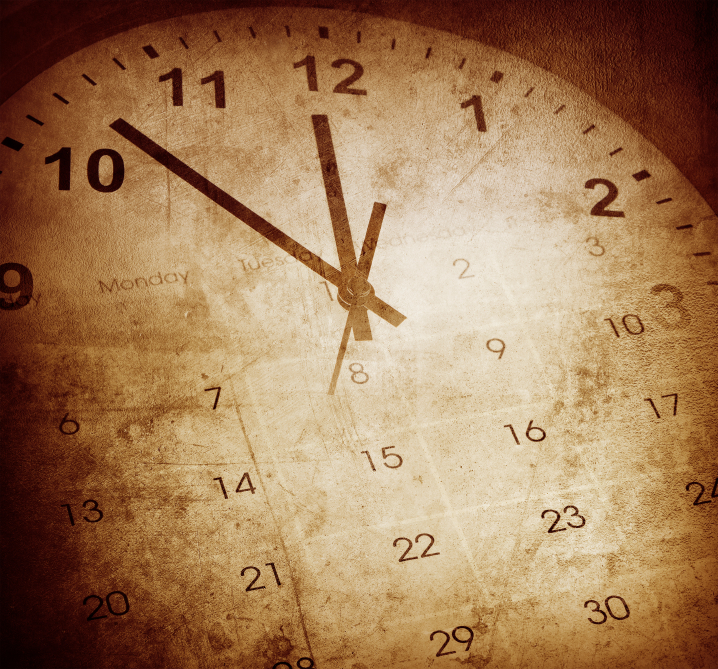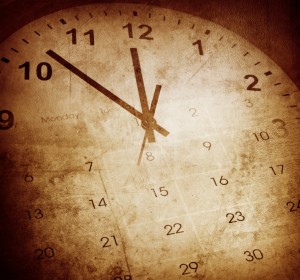Let’s say you’re planning to throw a big party. You’re planning to invite a lot of people, so you rent a big space full of tables and chairs. You buy a ton of food and drinks and party favors and decorations and invitations.
You send the invitations Wednesday for a party on Friday.
How many people do you think are going to show up?
If you live in the real world, your answer is “Probably not many.”
So why is it that businesses expect to start promoting an event two days prior and have people show up?
Why is it that businesses expect to start promoting an event two days prior and have people show up? Share on XObviously, this is an extreme example, but I was on a client call today, and they were planning to do exactly that for a webinar. Luckily for them they’re partnering with another organization who has been promoting it for a while. The downside is that they won’t realize their promotion was too late to be helpful. I’ve been asked to promote events with fewer than seven days between promo and event. The rare times I take those gigs, I let the client know that they’re likely going to fail.
I’m hoping that you’re asking yourself “How long is long enough to promote an event?”
In my experience, the answer is six weeks. This gives you time to do several email pulses, social releases, and reminders. It also gives you a little gap time if your planning gets delayed, or to reach back to your audience if you have to reschedule or cancel the event. Yes, it means you have to plan ahead, but every good marketing effort requires pre-planning.
If you sent save the date notices six weeks ahead, followed by invitations and reminders, you’d be more likely to fill that big space, and have enough people to eat the food, drink the drinks, and enjoy themselves. Your business events are no different. And who likes to throw a party and have nobody show up?

